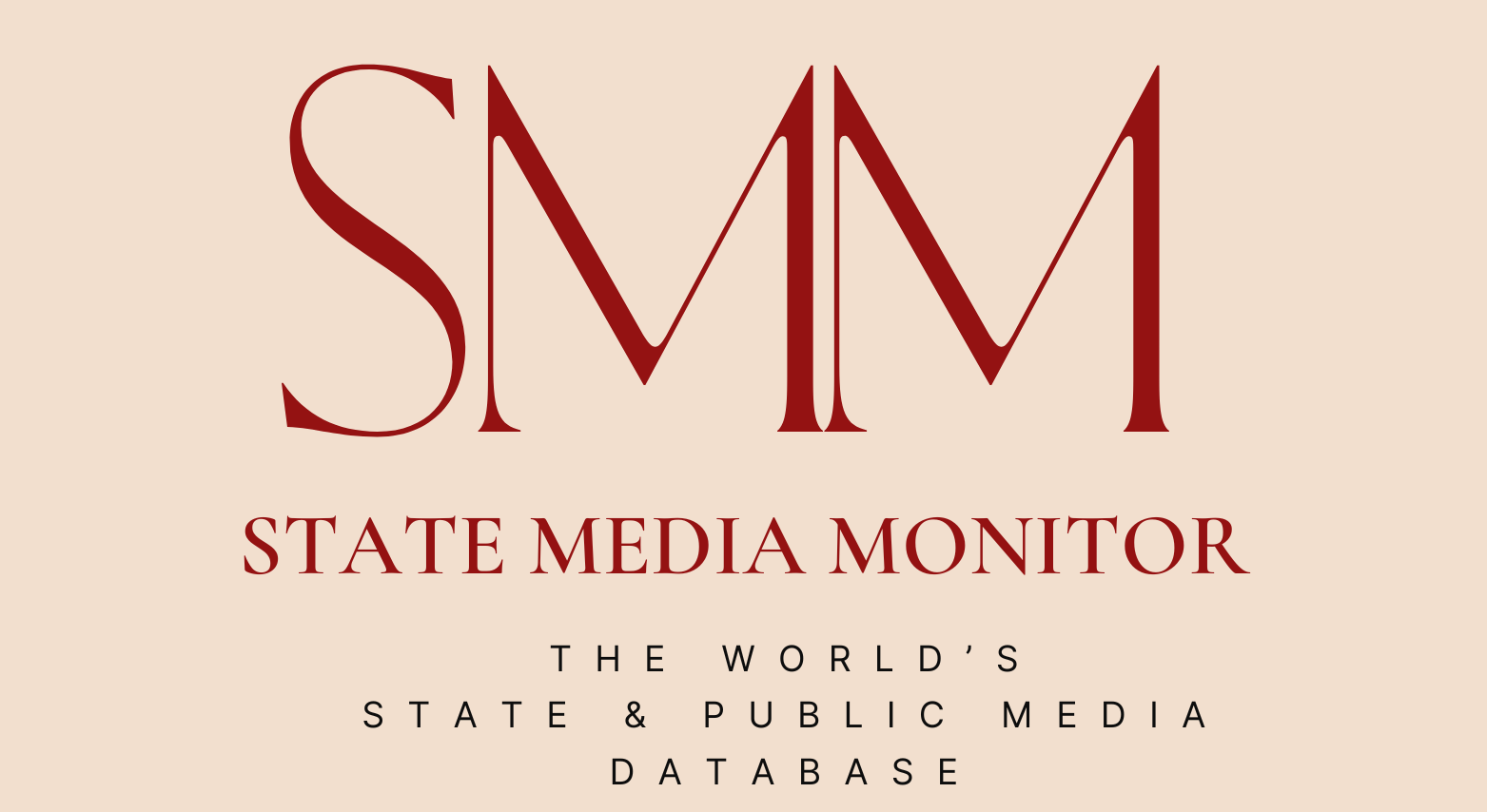SBS’ history harks back to 1975, when two ethnic radio stations, 2EA in Sydney and 3EA in Melbourne, were launched. In their early days, these channels were licensed only for three months to inform ethnic communities about planned changes in the country’s healthcare system. Three years later, SBS was established. The broadcaster’s cultural mission is to provide multicultural and multilingual broadcast programs for Australia’s communities. Today, the chain airs six television channels and nine radio stations.
Media assets
Television: NiTV, SBS Viceland, SBS Food, SBS World Movies; Radio: SBS Radio
State Media Matrix Typology: Independent State-Funded (ISF)
Ownership and governance
SBS was established in 1978 through the Broadcasting and Television Amendment Act 1977. In 1991, the Special Broadcasting Service Act (known as the SBS Act) was adopted, creating SBS as a corporation. The same law set out the broadcaster’s charter.
The main governing structure at SBS is a Board of Directors whose members are appointed based on a procedure similar to that at ABC.
Source of funding and budget
SBS is funded through a combination of state financing and advertising revenues. First, the Broadcasting and Television Amendment Act 1977 allowed SBS to accept sponsorships with the minister’s approval. The Special Broadcasting Service (SBS) Act of 1991 allowed the station to sell ads or sponsorship announcements (with some limits imposed on the amount of ad space that can be aired per hour of broadcasting).
Yet, government funding still accounts for SBS’s largest budget. In the 2021 financial year ending on 30 June 2021, SBS received a state subsidy of A$ 296m (US$ 211m), which accounted for nearly 70% of the broadcaster’s total budget, according to a company annual report.
In the following fiscal year, SBS received a total of A$310m from the government, according to a company report. The station generated some A$153m in the fiscal year ending June 2022. The government said it is committed to securing A$ 335m in state funding for SBS for the following five years.
According to a company annual report, in the fiscal year ending June 2023, SBS received a state subsidy of A$316.8 m (US$211 m) and generated revenues of nearly A$173m.
Editorial independence
Like its sister public service media company ABC, SBS is governed by a set of rules and legal provisions that expressly forbid authorities and politicians from interfering with the broadcaster’s editorial agenda. As a result, SBS also scores highly in various public surveys about trust in media institutions.
The main document establishing SBS’s editorial independence is the SBS Act, which provides for both the corporation’s editorial and administrative independence. At the same time, as its sister broadcaster ABC, SBS follows a series of editorial obligations that ensure the highest standards of public accountability.
These rules are routinely complied with, while the guarantees for independence enshrined in law are generally respected.
There are assessment and oversight mechanisms in place at the SBS that validate the broadcaster’s independence. The Ministry of Communications and the Arts regularly commissions independent reviews of the SBS’ performance (which are made public).
Moreover, the broadcaster has a wide variety of mechanisms to receive editorial complaints and to allow its community to monitor, follow, and get involved in its activities.
July 2024
